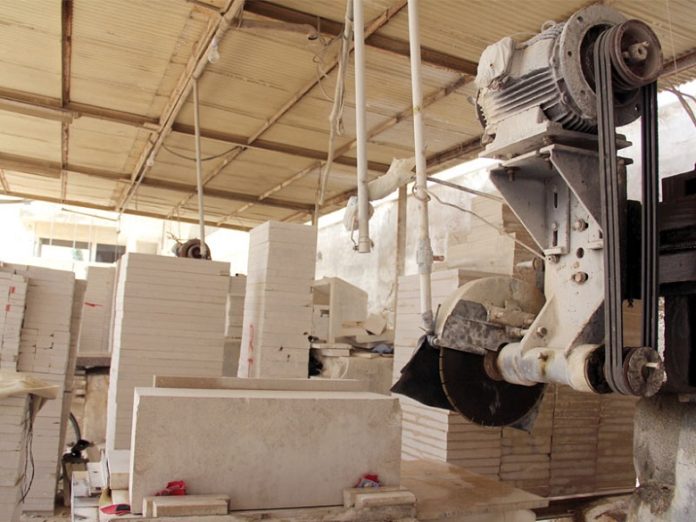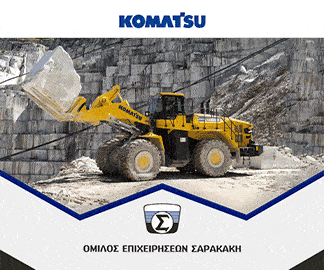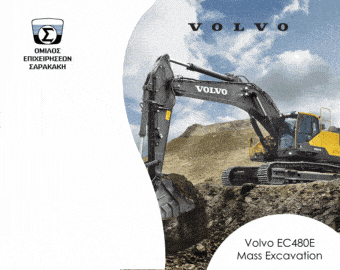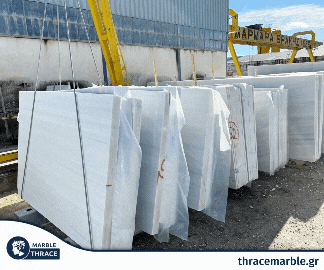Pakistan’s mineral sector, with its vast untapped resources of precious metals, base metals, and Rare Earth Elements (REEs), has the opportunity for significant growth and development.
To realize this potential, Muhammad Yaqub Shah, a mineral sector expert and member of the Sectoral Council for Marble, Granite, and Minerals under the Ministry of Finance said that Pakistan must learn from China, a global leader in the mining industry.
“Pakistan desperately needs to have a well-established mining industry to tap into a great variety of precious, semiprecious and strategic minerals/gemstones and industrial stones,” said Shah. He added that different precious and base metals such as gold, platinoid group of minerals, silver, copper, lead, zinc, cobalt, bismuth and nickel, apart from Rare Earth Elements (REEs), were unexplored in Gilgit-Baltistan (GB), Khyber Pakhtunkhwa (KP), Balochistan and other parts of Pakistan.
He said embracing the Chinese mining model and incorporating their advanced value-addition techniques, Pakistan can revolutionize its mineral sector. This partnership will not unlock the wealth of minerals scattered across regions like Gilgit-Baltistan, Khyber Pakhtunkhwa, and Balochistan but also to create a multitude of job opportunities and drive economic growth.
The introduction of modern exploration techniques and mechanized mining, as seen in China, would enhance productivity and make the sector economically viable. This transformation is not just about mining; it’s about powering various industries, from food processing to electric power generation and construction, with a steady supply of essential raw materials.
Pakistan has identified eight key areas in Khyber Pakhtunkhwa (KP) for Rare Earth Elements (REEs) exploration, spanning a 200-kilometer stretch from Mansehra to the Pakistan-Afghanistan border. To unlock this potential, Pakistan seeks technical expertise, particularly from China.
By adopting China’s mining model and value-addition framework, Pakistan aims to establish numerous mining and value-addition units across the country. This transformation extends to industries such as food processing, electricity generation, and construction, all dependent on a stable supply of raw materials.
Currently, Pakistan operates approximately 5,000 mines employing 30,000 people, with an additional 50,000 small and medium-sized enterprises linked to the sector. To enhance productivity and economic viability, modern exploration techniques and mechanized mining are vital for Pakistan’s mineral sector.
Source: profit.pakistantoday.com.pk








































